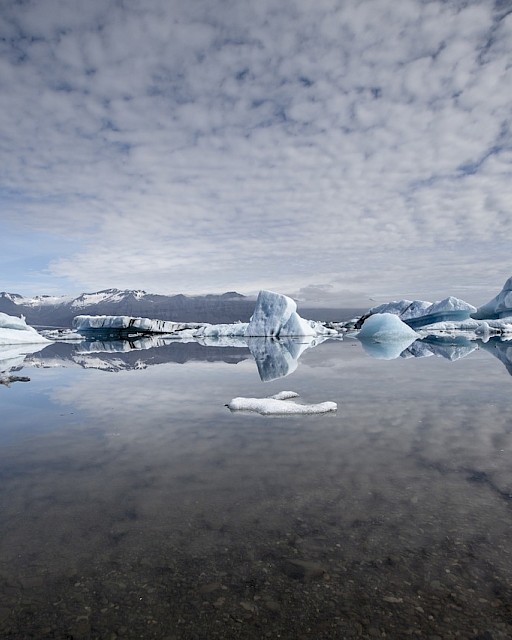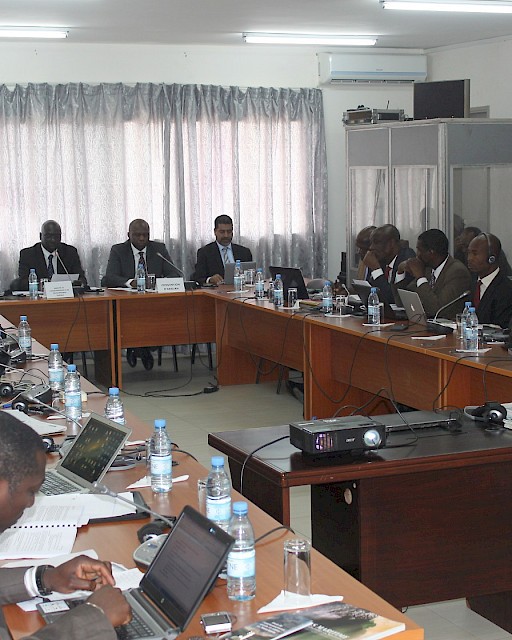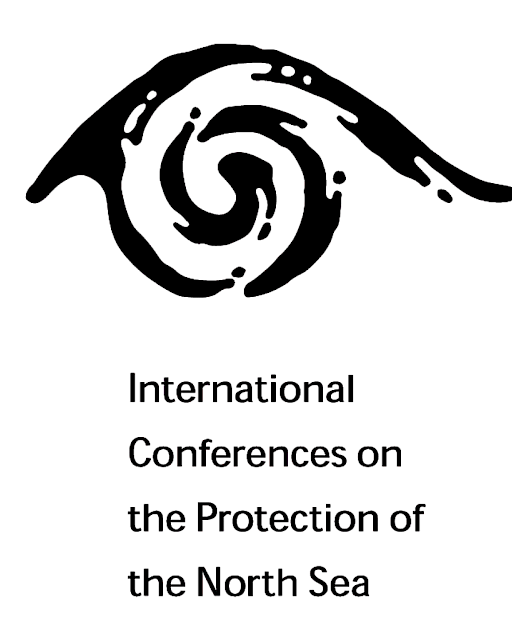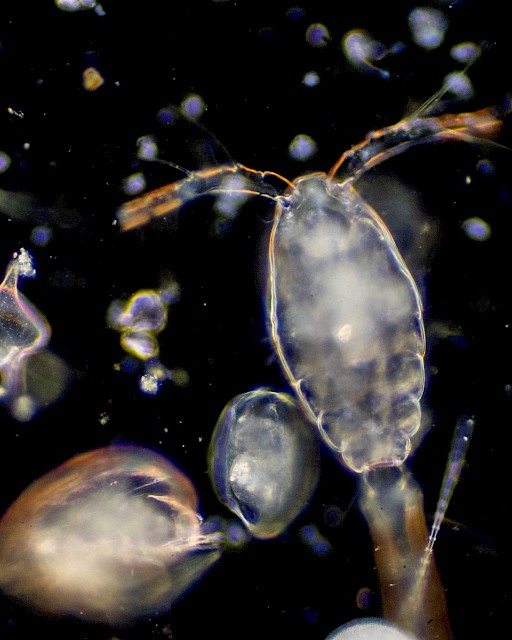International Cooperation

The OSPAR Commission is an active member of the global group of Regional Management Organisations and cooperates closely with its partner organisations such as the Helsinki Commission (HELCOM) for the Baltic Sea and the different programmes established under the UNEP Regional Seas Programme
 |  |
The OSPAR Commission works jointly with other competent management authorities for the North-East Atlantic to counter marine pollution and deliver sustainable ocean management in a consensual and robust way. To further strengthen cooperation the OSPAR Commission has agreed Memoranda of Understanding or Agreements of Cooperation with a number of relevant international organisations including the North-East Atlantic Fisheries Commission (NEAFC), the International Maritime Organization (IMO), the International Council for the Exploration of the Sea (ICES), the UN Economic Commission for Europe (UN ECE), the International Atomic Energy Agency (IAEA), the North Atlantic Salmon Conservation Organization (NASCO), the International Seabed Authority (ISA) and the Sargasso Sea Alliance. Close collaboration is also maintained with the European Commission and the European Environment Agency.
 |  |
 |  |
 |  |
 |  |
 |  |
The OSPAR Commission also contributes to the global discussions on marine conservation, held e.g. in the UN General Assembly, the Convention on Biological Diversity (CBD) and the International Union for Conservation of Nature (IUCN), and provides regional approaches to protecting the marine environment and managing natural resources.
 | |
 |  |
The North Sea Network of Investigators and Prosecutors (NSN) was established as a body of the OSPAR Commission following an invitation from the ministerial North Sea Conferences and provides a direct link to the Agreement for cooperation in dealing with pollution of the North Sea by oil and other harmful substances (Bonn Agreement).






